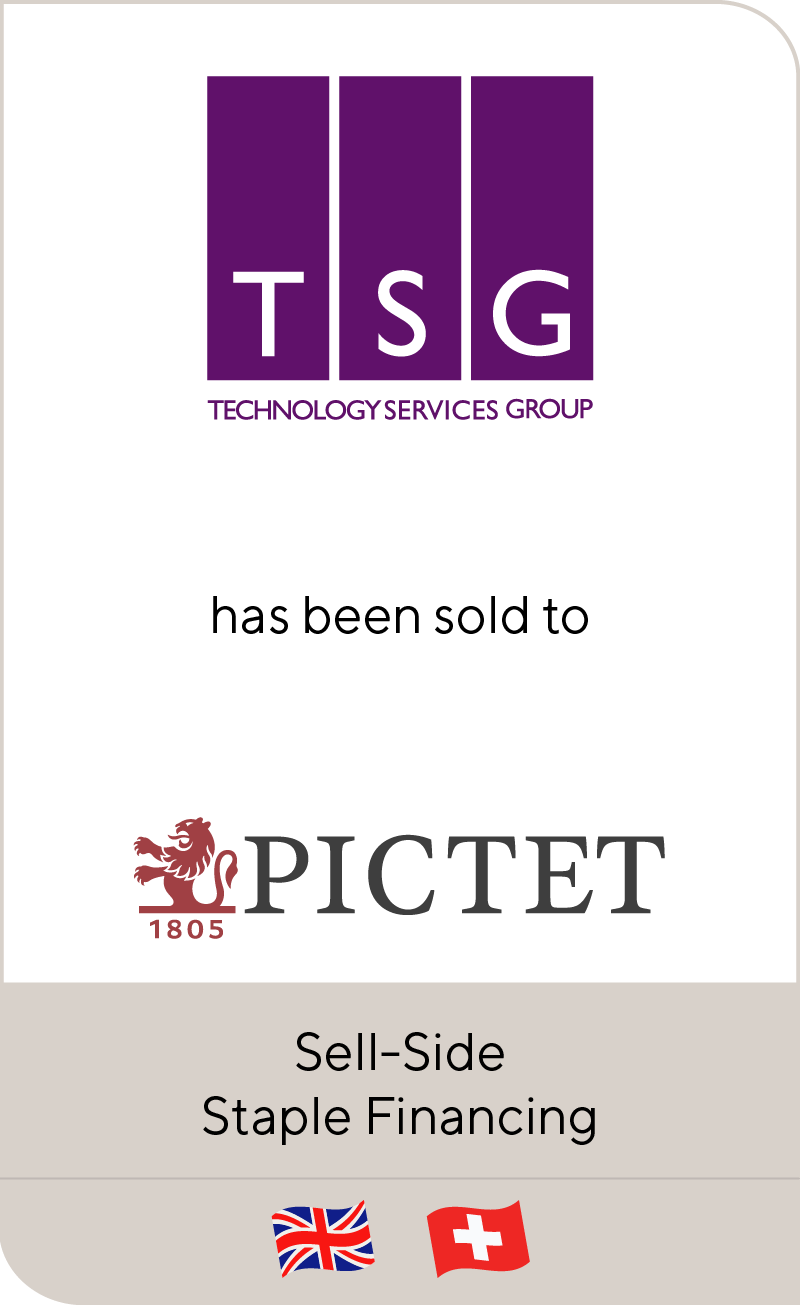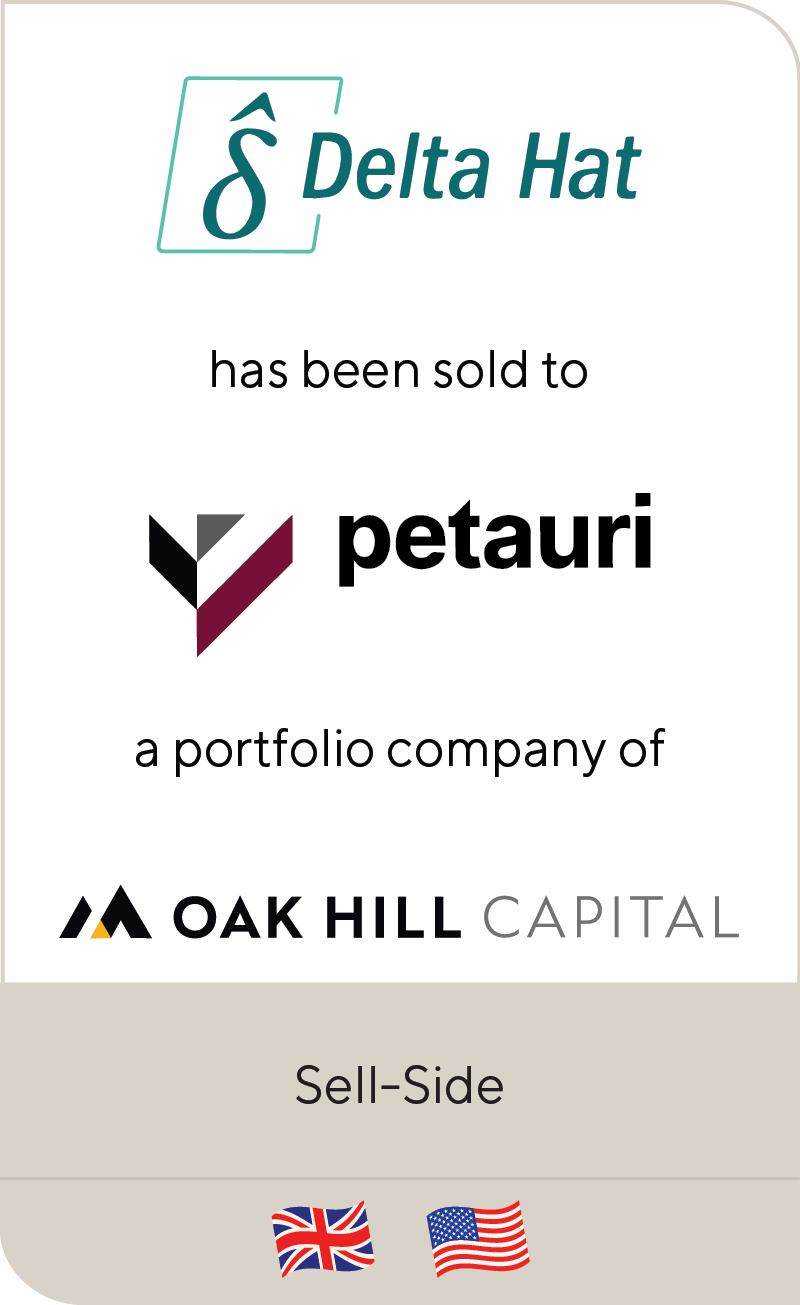Global Supply Chain Volatility: 2022 Outlook
May 2022
Amidst historic production disruption, shortages and low levels of inventory, manufacturers, distributors and retailers have been adapting business strategy real-time in response to continued volatility. There has been a rising shift in automation of distribution processes across industries as these businesses seek to profitably operate despite supply chain instability and margin pressures. Automated, real-time insights have helped suppliers remain competitive, providing direct information at every stage before a product reaches the consumer and ensuring optimal customer experience (CX) even when supply chain disruption may lead to delays.
Surprisingly, today’s supply chain issues have not dented private equity (PE) appetite. Buyers continue to engage in the space but have increasingly altered diligence processes to discern whether potential targets will stabilize in line with the broader supply chain normalization expected in 2023, or if they will face long-term effects from inventory shortages, lack of automation and other issues. In general, the deal parties are leveraging a case-by-case approach to navigating supply chain nuances and issues for each industry—viewing mergers and acquisitions (M&A) as more of an art than an exact science. While there have been some delays, deals are largely completing with great outcomes.
Summary
-
Lincoln International compiled industry-specific insights as supply chain adjusts and stabilizes.
- Click here to download a printable version of this perspective.
- Sign up to receive Lincoln's perspectives
Global Viewpoints
In addition to the universal supply chain issues, there are challenges unique to individual regions and countries.
| Europe: Already burdened by the pandemic and existing supply chain challenges, the semiconductor industry is experiencing additional setbacks due to unrest in Ukraine. Ukraine is a leading supplier of neon gas, a key component of the lasers used in a phase of semiconductor fabrication. Further, Ukraine supplies gases required for chip manufacturing (xenon and krypton). The conflict has caused the depletion of semiconductor and chip reserves, already an issue, calling for companies to begin sourcing these materials from alternative suppliers.
Asia: China is currently experiencing a severe COVID-19 outbreak, with reported cases rising to levels not seen since the early days of the pandemic. With strict lockdowns in effect, ships are not leaving their ports. Even if the number of positive cases decreases in the near-term, the delay in goods leaving for distribution will have a ripple effect throughout the remainder of the year. United States: Once the goods leave Asia, issues at ports on the West Coast of the U.S. could create further delays. In May, dockworkers and cargo-handling companies for about 22,400 workers at 29 ports entered contract negotiations. Depending on how the labor negotiations progress, there could be repercussions. During the last rounds of negotiations in 2002 and 2014, not only was the distribution of goods delayed, manufacturers and retailers lost significant revenue. |
Lincoln Perspective
Looking ahead, supply chain volatility is not apt to have a long-term effect. As COVID-19 restrictions recede and interest rate increases manage inflation, the supply chain will adjust and stabilize. Lincoln International compiled industry-specific insights as players work to remain agile and competitive throughout the supply chain crisis and in the years to come.
| Consumer: While consumer demand has shown some recent softening, current spending remains above historic levels. However, labor constraints, limited storage space and extended delivery times are all expected to continue for shippers in the coming year. Additionally, significantly increased shipping costs continue to drive short-term margin pressure, which we expect will result in longer-term price increases. For companies looking to minimize the supply chain’s impact on revenue, investments in additional capacity-integrating technology are advised to help drive lower costs and greater stabilization across company supply chains. |
| Automotive & Truck: While many automotive market participants hesitated to pursue a sale in 2021, as the supply chain begins to normalize, Lincoln forecasts that these players will begin revisiting M&A opportunities in the coming years and we expect 2022 will be an especially active year for the sale of non-core businesses. To combat the present supply chain instability, automakers are increasingly shifting toward sourcing local suppliers to mitigate supply chain risks and delays. To maximize stability and risk mitigation efforts, Lincoln also recommends that automakers, specifically original equipment manufacturers (OEMs), work to meet heightened consumer demand levels through approaches such as geographic expansion in local markets. |
| Logistics & Transportation: The significant disruption and capacity constraints at each leg of the supply chain, along with shifting requirements and increased complexity driven by surging online spending is driving significant consolidation in the sector — especially as providers seek to expand service capabilities, increase controlled capacity and build scale. In recent years, logistics and transportation providers have benefited from a favorable supply / demand imbalance, ultimately driving record levels of profitability for many, especially so for those with greater network capacity. Rising labor, fuel and other significant input costs coupled with softening consumer spending on hard goods has resulted in some near-term volatility with freight rates as supply and demand dynamics become more normalized. Investors are increasingly focusing on determining a target’s sustainable level of earnings once supply / demand dynamics equalize. We recommend that sellers proactively prepare for these discussions with dynamic scenario planning analyses in place. |
| Healthcare: Throughout the pandemic, it has been especially critical to mitigate and resolve any supply chain delays related to all aspects of pharmaceutical manufacturing. Amidst a highly contagious disease, the healthcare sector has seen sky-high demand for medication, medical services and treatments. As drugs become exceedingly specialized and complex to manufacture, pharma has increasingly relied on external strategic partners to outsource development and ensure long-term product capacity. With increased outsourcing, we don’t forecast an eventual return to full in-house development. In addition, with growing focus on adoption of China Plus One sourcing strategies, we expect dual or tri-sourcing tactics will continue to gain pace in the coming years and will become the default position across many pharmaceutical portfolios. |
| Industrials: Industrials businesses are also no stranger to the present supply chain challenges as they have been navigating trade tariffs over the last several years. In the past, utilizing OEM relationships and overbuying raw materials in anticipation of supply shortages has proven successful in the sector. In combating the great resignation, many players are increasingly implementing automation as one way to circumvent labor shortages and rising labor costs. |
Contributors

I take a long-term approach to building relationships and understanding clients' businesses in order to provide timely and relevant advice.
Alex Masters
Managing Director & European Co-head of Consumer
London
My passion is positioning high-quality businesses for maximum valuation. I thoroughly enjoy partnering with business owners to reach their goals through life-changing transactions.
Christopher Stradling
Managing Director & U.S. Co-head of Consumer
ChicagoMeet Professionals with Complementary Expertise in M&A

I am a rigorous advocate for my clients with a hands-on, communicative approach, focused on delivering intense advocacy and outlier results.
Sean Bennis
Managing Director & U.S. Co-head of Industrials
Chicago
I am enthusiastic about creating sustainable growth and the highest value for our clients and strive to leave a positive footprint beyond any successful M&A transaction.
Friedrich Bieselt
Managing Director & European Head of Business Services
Frankfurt
I enjoy leading clients and realizing their objectives, while structuring solutions to issues that are both intriguing and challenging.
Øyvind Bjordal
Managing Director | Head of Switzerland
Zurich
I am inspired by working with entrepreneurs and innovators who feel passionately about what they are creating.
William Bowmer
Managing Director & U.S. Co-head of TMT
San Francisco
I deliver a hands-on approach to provide strategic advice to my clients throughout the transaction and beyond.
Chris Brooks
Managing Director & European Co-head of TMT
London
My goal is to inspire and motivate our people to make a true impact with their clients, their colleagues and their communities.
Robert Brown
CEO | Managing Director | GP-Director
ChicagoRelated Perspectives in M&A

Packaging Quarterly Review Q2 2024
Over the last several years, the packaging industry has undergone significant transformations driven by rapid advancements in technology. From the introduction of innovative materials and sustainable practices to automation and… Read More

Investors in Healthcare | Q&A with Lincoln Professionals
Originally posted by Investors in Healthcare on July 25, 2024. Lincoln International, the U.S.-headquartered global investment banking advisor, is a well-known name in the European healthcare markets, providing advice to… Read More

Industrials Strength: Acceleration in Global Industrials M&A
Lincoln Industrials closed 28 transactions globally thus far in 2024. Across our industrials offering – from aerospace and defense to mobility, engineered components to building products, and infrastructure to specialty… Read More

Lincoln International adds TJ Monico as Managing Director
Lincoln International, a global investment banking advisory firm, is pleased to announce that TJ Monico has joined as a Managing Director to help lead the firm’s distribution practice. TJ has more than… Read More























